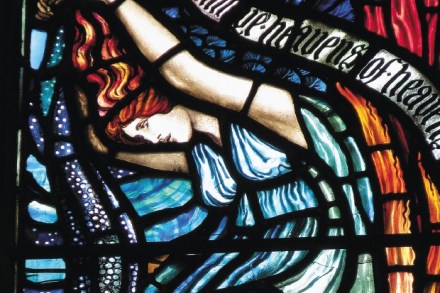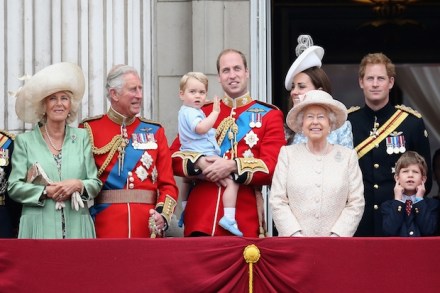From cave painting to Maggi Hambling: the best Christmas art books
It’s been a memorably productive year for art books (I have published a couple myself), but certain volumes stand out. Chief among the illustrated monographs is Maggi Hambling: War Requiem & Aftermath by James Cahill (Unicorn Press, £30), a spirited examination of this wonderfully unpredictable artist. The book focuses on her recent paintings and sculptures, many on the theme of war. Art history meets forthright artistic statement, and it’s fascinating to see Cahill’s intellect in dialogue with Hambling’s visceral art. As she says: ‘Real art is the opposite of mere observation or reportage. It takes you to another place.’ Perhaps the greatest living writer on art, and thus the most




















